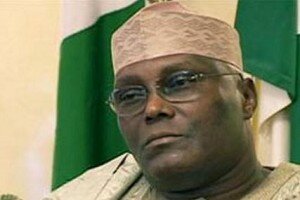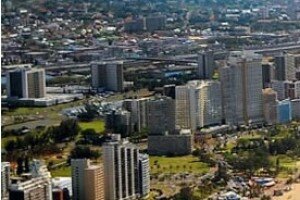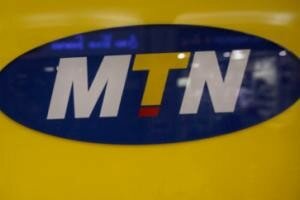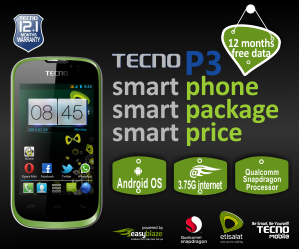
El-Rufai first pointed the accusing finger in his book The Accidental Public Servant, which said Abubakar, who was chairman of the National Council on Privatization (NCP), interfered with the NITEL deal because of his financial interests in some of the deals, thus suggesting the VP’s meddling culminated in the termination of the whole process.
The vice president has however responded to El-Rufai’s allegation. According to him, El-Rufai became bitter because one of the bidders, Motorola, lost one of the transactions.
In an interview with The Punch, Abubakar said: “The fact of the contract are like this: Obasanjo agreed with the NCP that the former BPE DG was wrong not to have disclosed his interest and that he had failed the test of transparency by not disclosing that his brother was on the board of Motorola.”
He added: “You know, for instance, that it is a very serious offence to fail, refuse or neglect to disclose your interest whether directly or through someone else, in dealing with such an important transaction. But, the President in his wisdom decided that the contract be split into three, with each of the contenders, Motorola, Ericsson and the Chinese company - I think Huawei - taking a portion.
“As if to vindicate the NCP, by 2007 when we left office, the two others apart from Motorola had completed their own contracts. You can go and find out if they (Motorola) have finished.”
HumanIPO reported in February while covering Social Media Week in Lagos reported former chief operating officer (COO) of NITEL Nicholas Okoye blamed mobile telecoms companies and politicians with ulterior motives for the failure of the privatisation of NITEL.
Okoye also revealed that Huawei wanted to invest US$627 million in NITEL.






















































